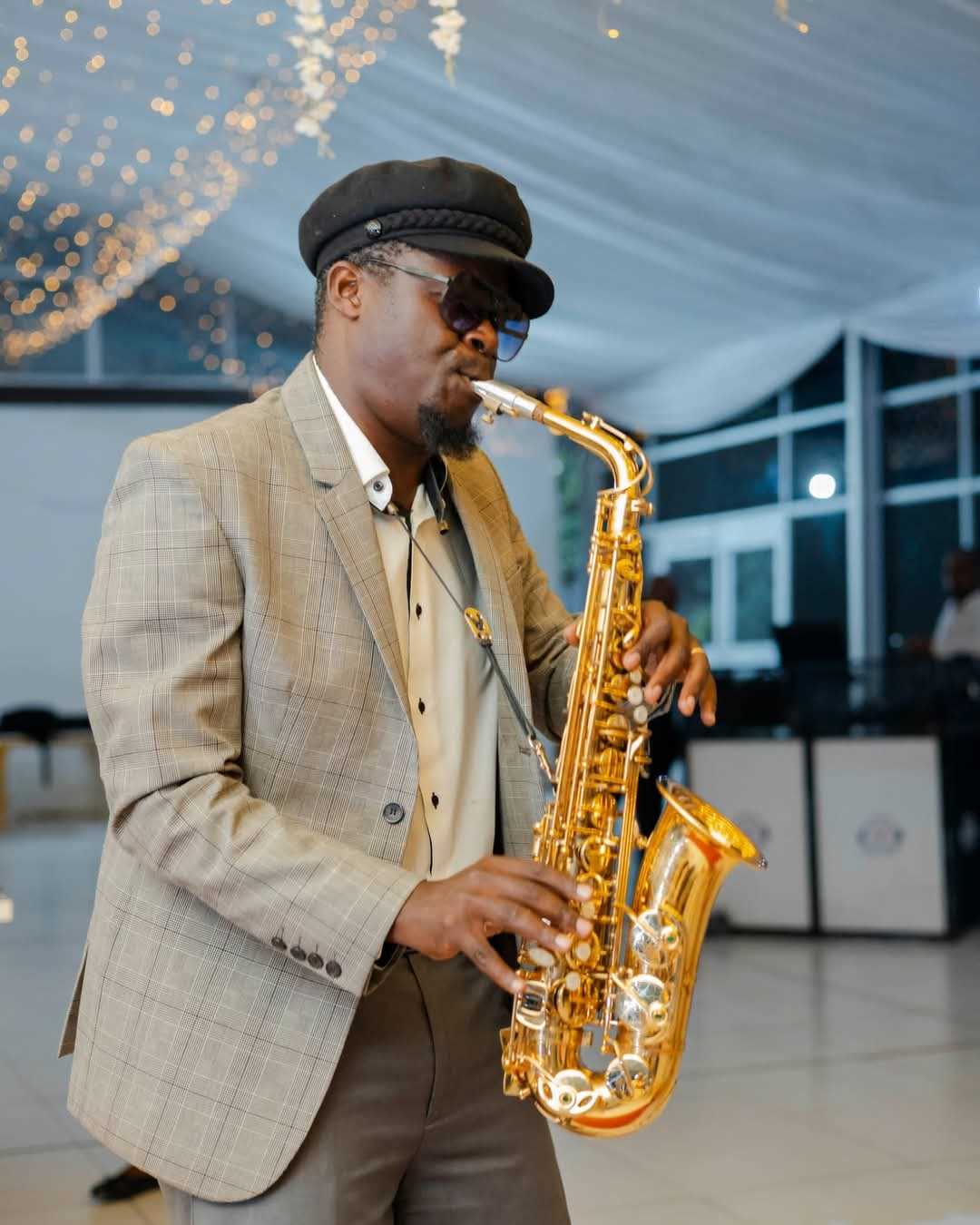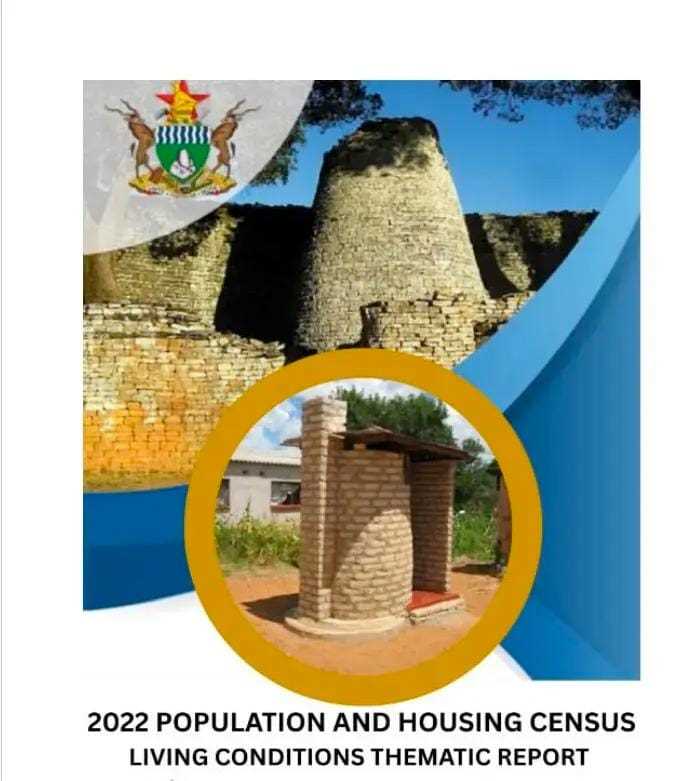
ZimNow Reporter
In September, Oxford University’s Oriel College will host an exhibition of Zimbabwean stone sculptures confronting the brutality of British colonialism.
These aren’t just art pieces—they are statements carved in granite, exposing the machinery of empire: murder most foul, brutality, forced conversions, dispossession, and extraction, all masked as civilization.
And yet, this powerful effort to reclaim the narrative is being funded with crumbs—just £10,000 out of a £200,000 target has been raised.
The exhibition, part of the Oxford-Zimbabwe Arts Partnership, features work by artists from the Chitungwiza Arts Centre.
Instead of challenging the legacy of Cecil John Rhodes, whose statue still looms over Oriel like an unrepentant ghost, the artists are grateful for crumbs thrown their way.
Rhodes, a man whose name is etched in blood across southern Africa, left Oriel a £100,000 bequest—now worth over £10 million—that continues to finance elite scholarships.
Related Stories
Meanwhile, the descendants of those he dispossessed are expected to be grateful to the benevolence of British donors who would rather not discuss restitution.
For there is no doubt that Britain owes Zimbabwe and other former colonies some restitution. Today Zimbabwe continues to be vilified for daring to reclaim stolen land.
The land reform program, controversial and chaotic as it was, remains one of the few post-colonial acts that directly confronted the enduring legacy of settler colonialism.
Yet in UK, EU, and US narratives, the attempt to right a historical wrong is portrayed not as redress but as criminality because, according to them, African land ownership started with the brutal and dehumanizing colonialism.
Today the British feel no shame at lecturing Zimbabwe on how it should build its economy of human rights and democracy.
The irony is a joke, as the same British institutions that upheld and benefited from racialized land ownership in Rhodesia now fund exhibits about colonial violence while condemning those who challenge its material aftermath. Sculptors chisel scenes of chains and crosses, but the land question—the very heart of colonial domination—is denied.
In 2022, former Prime Minister Liz Truss proclaimed that Britain should “stop apologizing for our history.” Meanwhile, King Charles III rode in the Gold State Coach, a rolling monument to imperial looting, during a coronation ceremony dripping with the spoils of conquest. These aren’t accidents—they’re affirmations of an identity still tethered to empire.
The Zimbabwean artists participating in this exhibition are doing vital work. They are reclaiming space and memory, using their hands to excavate truth from stone.
But let’s be clear: without real engagement with the economic violence of colonialism—land theft above all—such projects risk becoming performative. Britain cannot both romanticize empire and claim to support decolonial work.
Until the conversation admits that land ownership did not start with colonialism, that the land was stolen, fought for, and won back—every well-meaning exhibition remains incomplete. Art alone cannot repair what was stolen. But it can remind us that justice, like sculpture, must be carved from resistance, not charity.




















Leave Comments